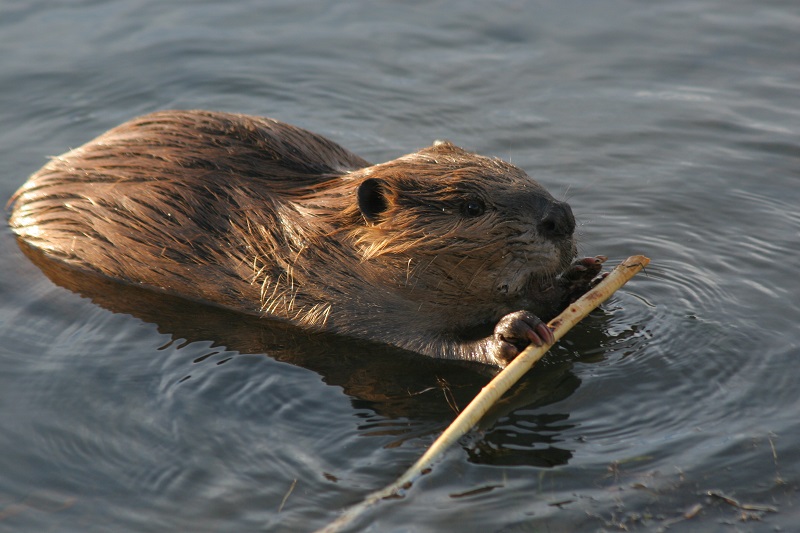Eco Engineers: 5 Animals That Can Reshape Earth’s Waterways

Nature has always been an extraordinary architect, shaping the environment in ways that are vital for the functioning of ecosystems. Animals, in particular, play a significant role in engineering the natural world. In this blog, we will explore five remarkable creatures that have the power to reshape Earth’s waterways. These animals not only adapt to their aquatic habitats but also transform their surroundings, creating unique ecosystems and influencing the flow of water. Let’s dive in and discover these fascinating eco-engineers!
- Beavers: Beavers are renowned for their impressive engineering skills. These semi-aquatic mammals construct dams by felling trees and using mud, stones, and branches. These dams create ponds or lakes, altering the natural course of streams and rivers. The resulting bodies of water provide habitats for various species, facilitate water storage, and help prevent flooding. The beaver’s activities also enhance water quality by trapping sediments and pollutants within their created wetlands.
- Mangrove Trees: Mangrove trees are not animals, but they play a crucial role in shaping waterways in coastal areas. These unique trees thrive in brackish water and form dense forests along coastlines. Their intricate root systems stabilize sediment and protect against erosion, effectively building up land. Mangroves also act as natural buffers during storms, reducing the impact of waves and storm surges. Furthermore, they provide vital habitats for a wide range of marine species, making them essential for biodiversity conservation.
- Salmon: Salmon are remarkable migratory fish that have a profound impact on river ecosystems. They swim upstream, against strong currents, to reach their spawning grounds. During this journey, they create “redds,” which are nests dug in gravel riverbeds. The process of digging these nests aerates the gravel, providing better conditions for egg fertilization and the development of salmon fry. Additionally, the nutrients from decaying salmon bodies enrich the surrounding environment, benefiting other aquatic organisms and even nearby forests.
- Nile Crocodile: The Nile crocodile, one of the largest reptiles on Earth, plays a significant role in maintaining the health of African waterways. These apex predators control populations of herbivores such as hippos and wildebeests, preventing overgrazing of aquatic vegetation. By controlling these herbivores, crocodiles indirectly contribute to the preservation of important habitats like wetlands and floodplains. The crocodile’s presence also helps maintain a balance in the food chain, ensuring the overall ecological stability of the waterways.
- Oysters: Oysters are bivalve mollusks that form dense clusters in estuaries and coastal areas. They play a crucial role in filtering water, as a single oyster can filter up to 50 gallons of water per day. By doing so, they improve water quality by removing excess nutrients, sediment, and pollutants. Oyster reefs also act as natural breakwaters, reducing the impact of waves and protecting shorelines from erosion. These reefs provide habitats for numerous marine species, supporting biodiversity and enhancing the overall health of coastal ecosystems.
Conclusion: From beavers reshaping rivers to oysters filtering water, these animals are true eco-engineers, leaving a lasting impact on Earth’s waterways. Their remarkable abilities to construct, modify, and influence their aquatic environments are vital for maintaining ecosystem health and promoting biodiversity. Recognizing and appreciating the ecological roles of these animals is essential for effective conservation and sustainable management of our precious water resources. By protecting these eco-engineers, we can ensure the long-term health and resilience of our planet’s waterways.
Picture Courtesy: Google/images are subject to copyright








